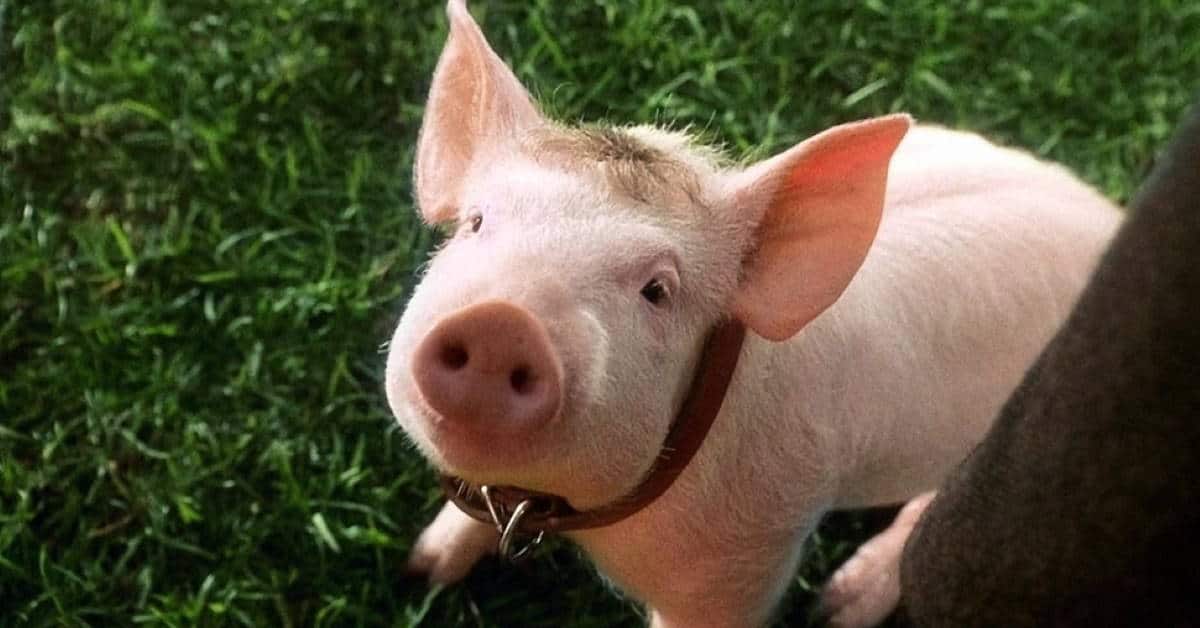By: Sam Chan
The movie Babe (1995) will soon turn 25. I can’t believe it’s gone so quickly. What a story. Babe is a pig. But Babe wants to be a sheepdog. And who are we to stop him?
It’s basically the same story as:
Society tells us that pigs don’t herd sheep, boys don’t dance, girls don’t play soccer or roller derby. But the heroes in the movies bravely defy society—to be true to themselves, chase their dreams, and follow their heart.
This is Western individualism at its classic best.
As an Asian-Westerner—with a foot in both Asian and Western cultures—this warms my heart. It means a short little Asian, like me, can dream big and make it on my own terms in the wild West. I don’t have to be who my parents tell me to be. I can be whoever I want to be.
The Asian cultural storyline tells you to fit in and not stand out. That’s why the famous Asian proverb says, “The nail that sticks up gets hammered down.”
The strength of this storyline is its collective responsibility. We’re all in this together. But its weakness is that it is confining. You end up as a conformist with no originality, vision, or creativity.
The opposite, of course, is the Western cultural storyline that tells you to stand out and not fit in. That’s why the Western proverb says, “You’ve got to do whatever makes you happy.”
The strength of this storyline is its freedom. But this also has its flipside weakness—it is crushing. The burden is now upon you—and you alone—to be happy.
But it gets more complicated than that.
In the Asian storyline, you actually have to stand out to fit in. You have to be a doctor or lawyer to make your parents happy. So now it’s the worst of both worlds. It’s both crushing and confining.
But, conversely, in the latest Western storyline, you have to fit in to stand out. You have to support the same causes as everyone else. You have to virtue signal. Display your tribal badge-makers. Make sure you pronounce your shibboleths correctly. Otherwise you’ll be called out. Shamed. This is also the worst of both worlds. It’s both confining and crushing.
But it gets more complicated than that.
In the Western storyline, even though you’re told to be whoever you want to be, it only works if you’re ultimately validated.
None of the above movies work if Babe, Billy (Jamie Bell), Jules (Keira Knightley), and Bliss (Ellen Page) are only mediocre at what they choose to do.
In the movie Babe, it’s essential that Babe is also exceptionally good as a sheepdog. He wins the championship. He is validated as a sheepdog.
Similarly, it’s essential that Billy, Jules, and Bliss are exceptionally good dancers, soccer players, and roller derby players. They also win their respective tournaments. They are validated.
Can you see it? It’s not enough to be brave. It’s not enough to be true to yourself. It’s not enough to be whoever you choose to be. In the end, it only works if someone or something else validates us. An achievement. A trophy. A championship.
The Asian and Western storylines have different starting points. But they both have the same ending. They both ask for impossible perfectionism and conformity. They are both crushing and confining.
This is where Jesus in the Bible flips the script. Instead of asking us to become the perfect one. Jesus—The Perfect One—becomes us.
Instead of us becoming crushed. Jesus becomes crushed in our place. And then he lives for us to conform us into his image.
Instead of us looking for validation. God comes and validates us.
Instead of who our cultures tell us we should be. God tells us who we already are—a child of God.
In both the Asian and Western storylines, our identity is ultimately validated in our achievements.
But in the Gospel—God’s storyline—our identity is validated in Jesus’ identity and his achievements.
You are a child of God. Because that’s exactly who God says you are. One of his. Chosen. Blessed.
Validated.
So, please. Please. Don’t try to be a sheepdog. But, hey, who am I to tell you what to do?
Article supplied with thanks to Espresso Theology.
About the Author: Sam is a theologian, preacher, author, evangelist, ethicist, cultural analyst and medical doctor.

